Publications
Articles, publications, books, tools and multimedia features from the U.S. Institute of Peace provide the latest news, analysis, research findings, practitioner guides and reports, all related to the conflict zones and issues that are at the center of the Institute’s work to prevent and reduce violent conflict.
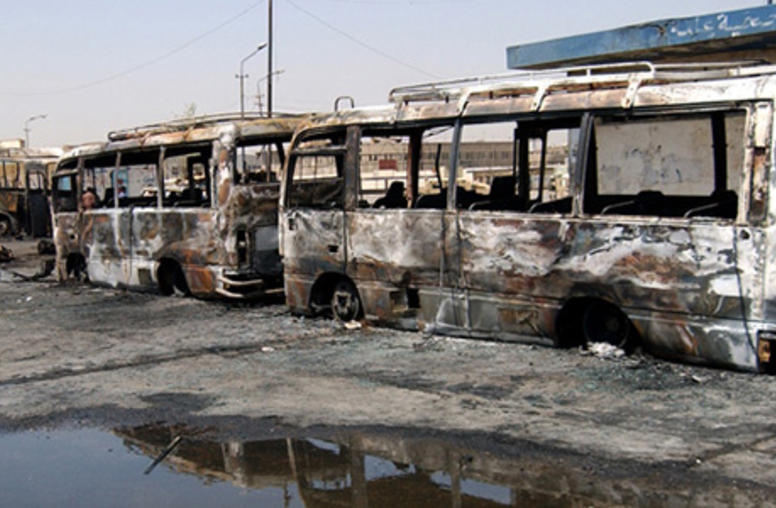
Terrorism Study: ISIS Isn’t the Deadliest Extremist Group
Worldwide deaths from terrorist incidents jumped 80 percent in 2014 compared with the year before and were concentrated in five major conflict zones, according to the third annual Global Terrorism Index, released November 17. While that conclusion was unsurprising, the index included less obvious findings with implications for policy makers who have to tailor solutions to specific countries and regions, according to experts who discussed the study at the U.S. Institute of Peace.
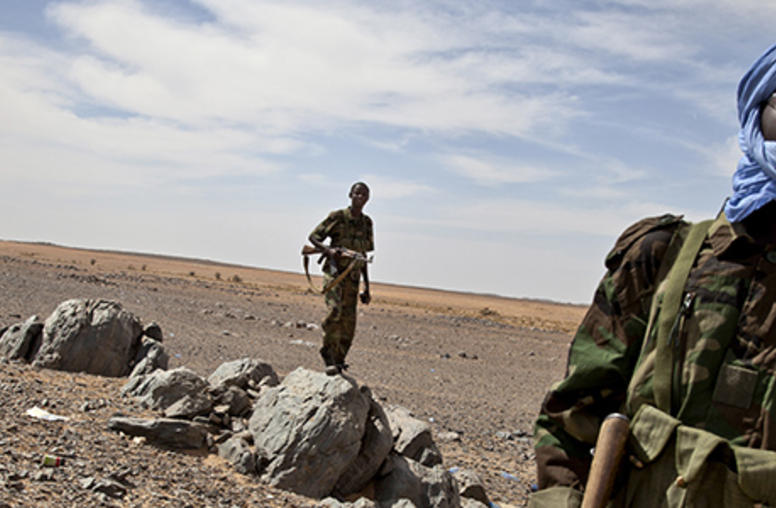
Q&A: The Siege in Mali
As militant gunmen seize a hotel in the capital of the West African state of Mali, U.S. Institute of Peace Program Specialist Emily Fornof offers context for the incident. Fornof served as a Peace Corps volunteer in Mali, and is conducting graduate research on the country’s conflicts at George Mason University.
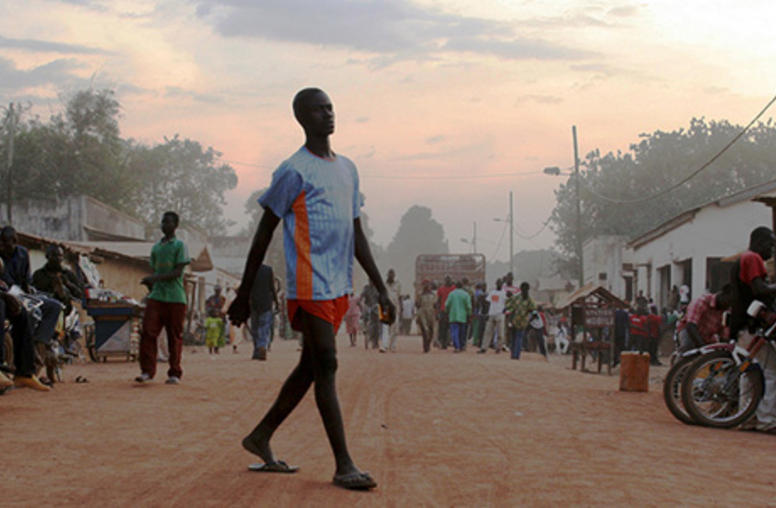
Risk to Central African Republic Lies in Avoiding Mistakes of the Past, Experts Say
The future of the Central African Republic rests in part on whether the international community can avoid mistakes of the past by supporting its development for the long haul and building institutions and infrastructure rather than abandoning the country after elections later this month, a group of experts said at an event organized by the U.S. Institute of Peace.
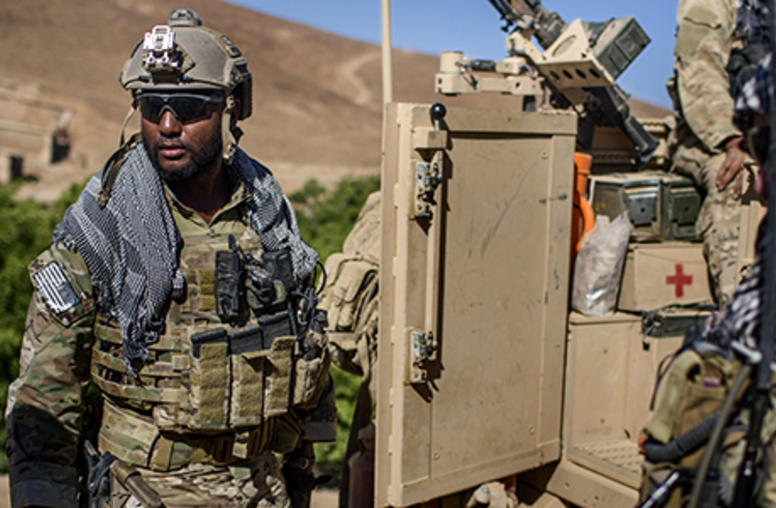
Poor Planning, Coordination Cited in Afghan Intervention
Failings by the United States and its NATO partners in the early stages of the 15-year-long war in Afghanistan have prolonged that country’s need for international troops and economic help, U.S. and German officials said in a recent forum at the U.S. Institute of Peace that examined the lessons learned during the past decade.
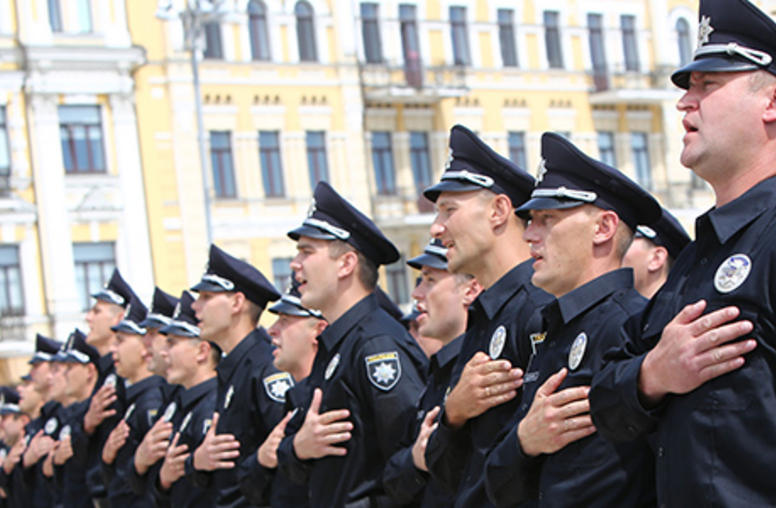
Corruption Poses Unparalleled Threat, U.S. Official Says
Corruption is an unparalleled threat to democracy and prosperity that costs the global economy as much as $2 trillion a year, and it will require the approach of a marathon rather than a sprint to eradicate the scourge, according to William Brownfield, the U.S. assistant secretary of state for international narcotics and law enforcement. Victories like the current transformation of Ukrainian traffic police from reviled bribe takers to respected public servants give citizens the kind of hope n...
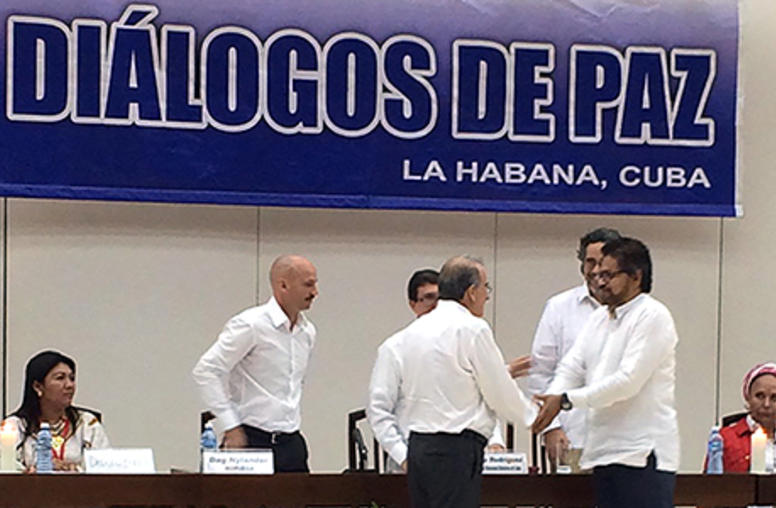
Q&A: Colombia, Guerrillas Reach Accord on Rights for Victims of War
Making a peace deal that accommodates the needs of the millions of civilians hurt by Colombia’s 50-year-old conflict has challenged negotiators since talks between the government and the nation’s largest guerrilla group began three years ago. This week, negotiators announced an agreement on victims, completing the fourth item on a six-point agenda that’s aimed at ending hostilities. USIP’s Virginia Bouvier, who was in Havana for the declaration on victims, said the latest accord is another hi...
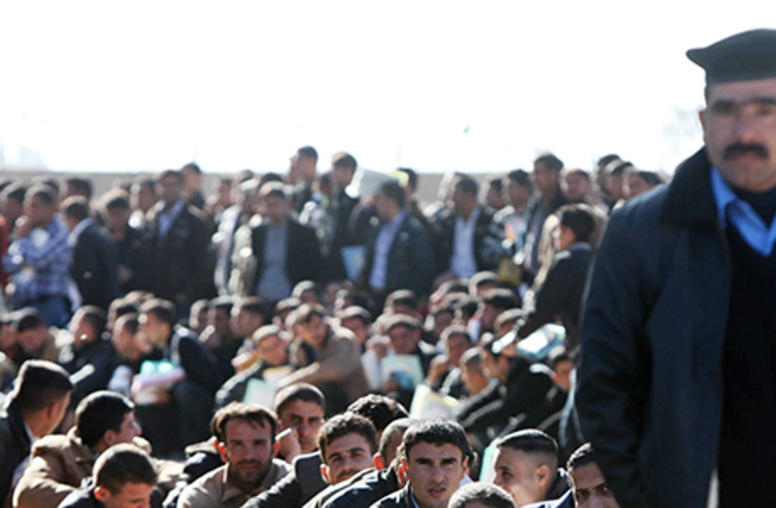
Iraq Research: Sense of Injustice Is Key to Violent Extremism
Three years of public polling in Iraq by Mercy Corps has put hard figures to an often-cited theory about the spread and attraction of violent extremism. More than poverty, joblessness or any other dispute or social ill, it is the perception—or reality—of injustice that fuels support for armed opposition groups.
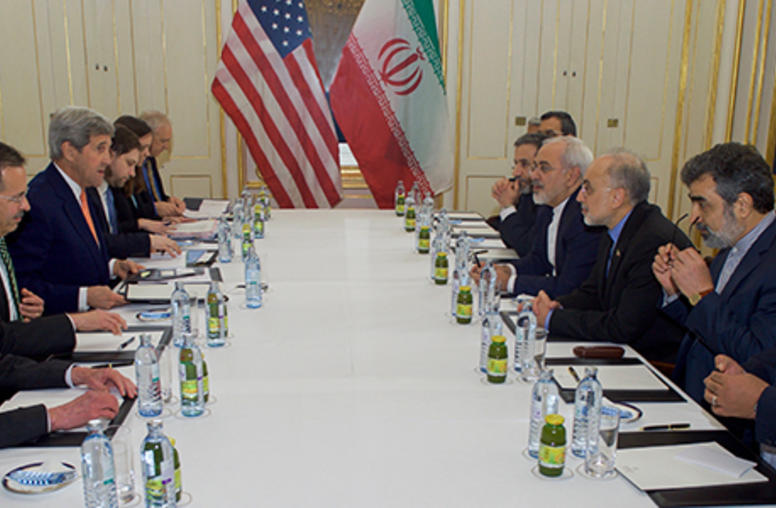
Q&A: Iran Nuclear Accord Milestone
In a historic milestone of the nuclear agreement reached in July between Iran and the world’s major powers, the United Nations’ nuclear watchdog certified on January 16 that Iran had complied with restrictions on its nuclear program and the international community lifted a range of sanctions imposed on the regime over the past decades. Daniel Brumberg, a special advisor at the U.S. Institute of Peace, considers the ramifications for the region and the world.
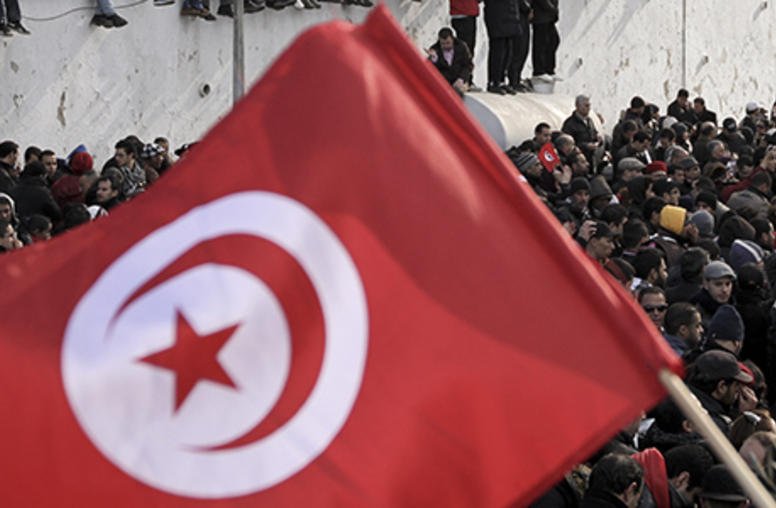
Tunisia’s Revolution: Five Years On, What Lies Ahead
In the wake of the 2011 Arab Spring uprisings, Tunisia stands alone. As other countries in the upheaval have splintered into civil war or returned to dictatorship, Tunisia’s Jasmine Revolution, on its fifth anniversary, remains on a peaceful, democratic path with an elected parliament and coalition government bound by a constitution. At the same time, the specter of a weakening economy, rising violent extremism and an increasingly disillusioned public tugs at the future.
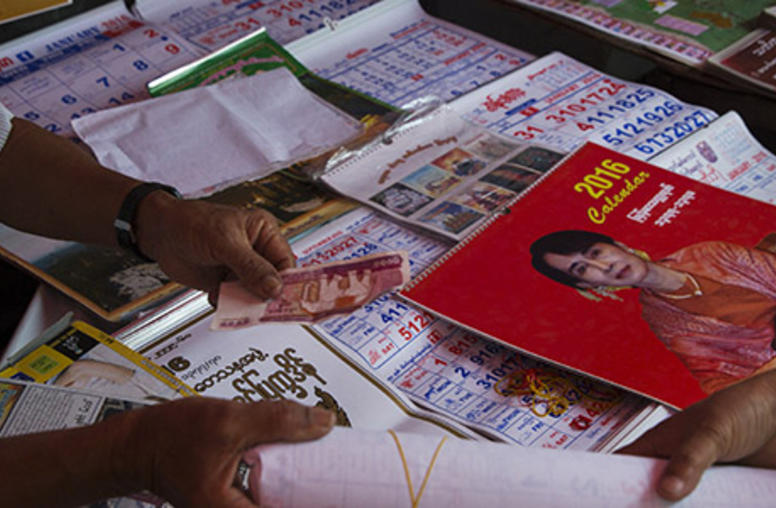
Q&A: Myanmar’s New Parliament with Suu Kyi Party Majority
Myanmar’s transition to representative democracy reaches another milestone on Feb. 1: A new parliament begins work with a majority of its members for the first time belonging to the National League for Democracy (NLD), the party led by Nobel Peace Prize laureate Aung San Suu Kyi. Priscilla Clapp, a former American diplomat in Myanmar and U.S. Institute of Peace specialist on the country, discusses the next steps and the likely effect of the change on Myanmar’s political, economic and societal...